The right is doing all they can to suppress the teaching of history, but they are not succeeding. How do we know? Check out this list of lessons that were most frequently downloaded from the Zinn Education Project website this year!
The topics include: Palestine, environmental racism, McCarthyism, immigration, Reconstruction, voting rights, colonialism, and more.
Read the list and donate so that we can provide these lessons to teachers in 2025.
 |
Teaching the Seeds of Violence in Palestine-IsraelBy Bill Bigelow A mixer/mystery activity on Zionism, anti-Zionism, peasant resistance, the Great War, the British Mandate, and more. |
 |
The Color LineBy Bill Bigelow This lesson on the countless colonial laws enacted to create division and inequality based on race helps students understand the origins of racism in the United States and who benefits. |
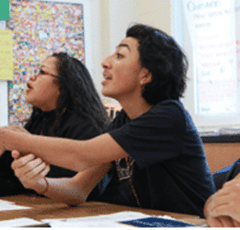 |
The People vs. Columbus, et al.By Bill Bigelow with contributions from members of the Taíno community In this mock trial, students determine who is responsible for the death of millions of Taínos on the island of Hispaniola in the late 15th century. |
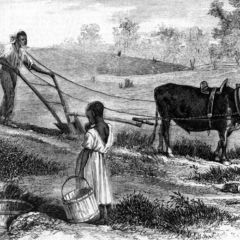 |
Reconstructing the SouthBy Bill Bigelow with companion lesson by Mimi Eisen and Ursula Wolfe-Rocca This role play engages students in thinking about what freedpeople needed in order to achieve — and sustain — real freedom after the Civil War. In the follow-up lesson, students explore primary sources that reveal key outcomes of the Reconstruction era. |
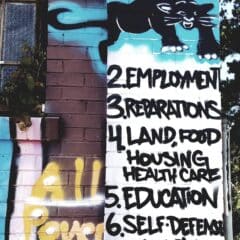 |
‘What We Want, What We Believe’: Teaching with the Black Panthers’ 10-Point ProgramBy Wayne Au How students can use the Black Panther Party’s 10-Point Program to assess issues in their own communities and to develop 10-Point Programs of their own. |
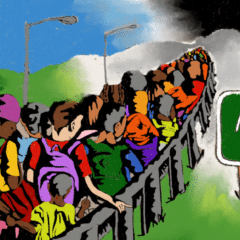 |
Deportations on Trial: Mexican Americans During the Great DepressionBy Ursula Wolfe-Rocca In this lesson, students analyze who is to blame for the illegal, mass deportations of Mexican Americans and immigrants during the Great Depression. |
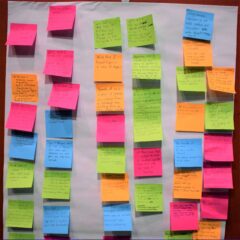 |
Poetry of Defiance: How the Enslaved ResistedBy Adam Sanchez Through a mixer activity, students encounter how enslaved people resisted the brutal exploitation of slavery. The lesson culminates in a collective class poem highlighting the defiance of the enslaved. |
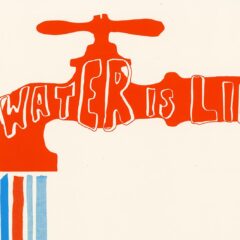 |
Water and Environmental RacismBy Matt Reed and Ursula Wolfe-Rocca This lesson introduces students to the struggle of residents to access safe water in the majority-Black cities of Flint, Michigan; Jackson, Mississippi; and Newark, New Jersey. |
DONATE so that we can provide these lessons to teachers in 2025. |
|
 |
Who Gets to Vote? Teaching About the Struggle for Voting Rights in the United StatesBy Ursula Wolfe-Rocca Unit with three lessons on voting rights, including the history of the struggle against voter suppression in the United States. |
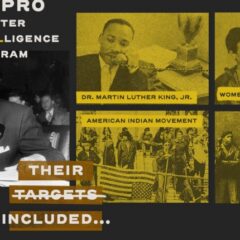 |
COINTELPRO: Teaching the FBI’s War on the Black Freedom MovementBy Ursula Wolfe-Rocca Through examining FBI documents, students learn the scope of the FBI’s COINTELPRO campaign to spy on, infiltrate, discredit, and disrupt all corners of the Black Freedom Movement. |
 |
If There Is No Struggle…’: Teaching a People’s History of the Abolition MovementBy Bill Bigelow In this lesson, students explore many of the real challenges faced by abolitionists with a focus on the American Anti-Slavery Society. |
 |
How Red Lines Built White Wealth: A Lesson on Housing Segregation in the 20th CenturyBy Ursula Wolfe-Rocca The mixer role play is based on Richard Rothstein’s The Color of Law, which shows in exacting detail how government policies segregated every major city in the United States with dire consequences for African Americans. |
 |
Subversives: Stories from the Red ScareBy Ursula Wolfe-Rocca In this mixer lesson, students meet 27 different targets of government harassment and repression to analyze why disparate individuals might have become targets of the same campaign, determining what kind of threat they posed in the view of the U.S. government. |
 |
Congo, Coltan, and Cell Phones: A People’s HistoryBy Alison Kysia In this lesson, students learn about the colonial history of Congo, debate responsibility for crimes against humanity, and investigate the connection, past and present, between the exploitation of natural resources and violence. |
 |
The Thingamabob Game: A Simulation on Capitalism vs. the ClimateBy Bill Bigelow The Thingamabob Game helps students grasp the essential relationship between climate and capitalism. |
DONATE so that we can provide these lessons to teachers in 2025. |
|

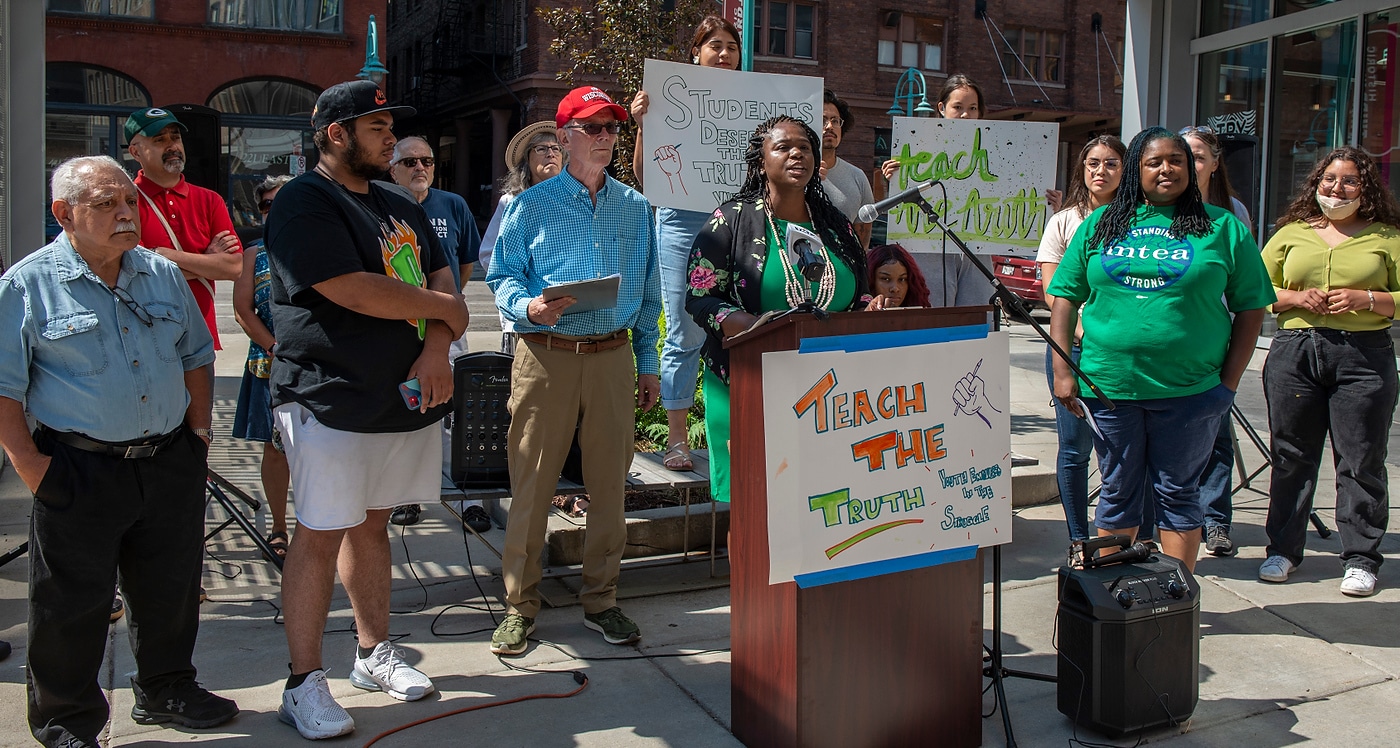





Twitter
Google plus
LinkedIn